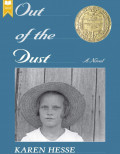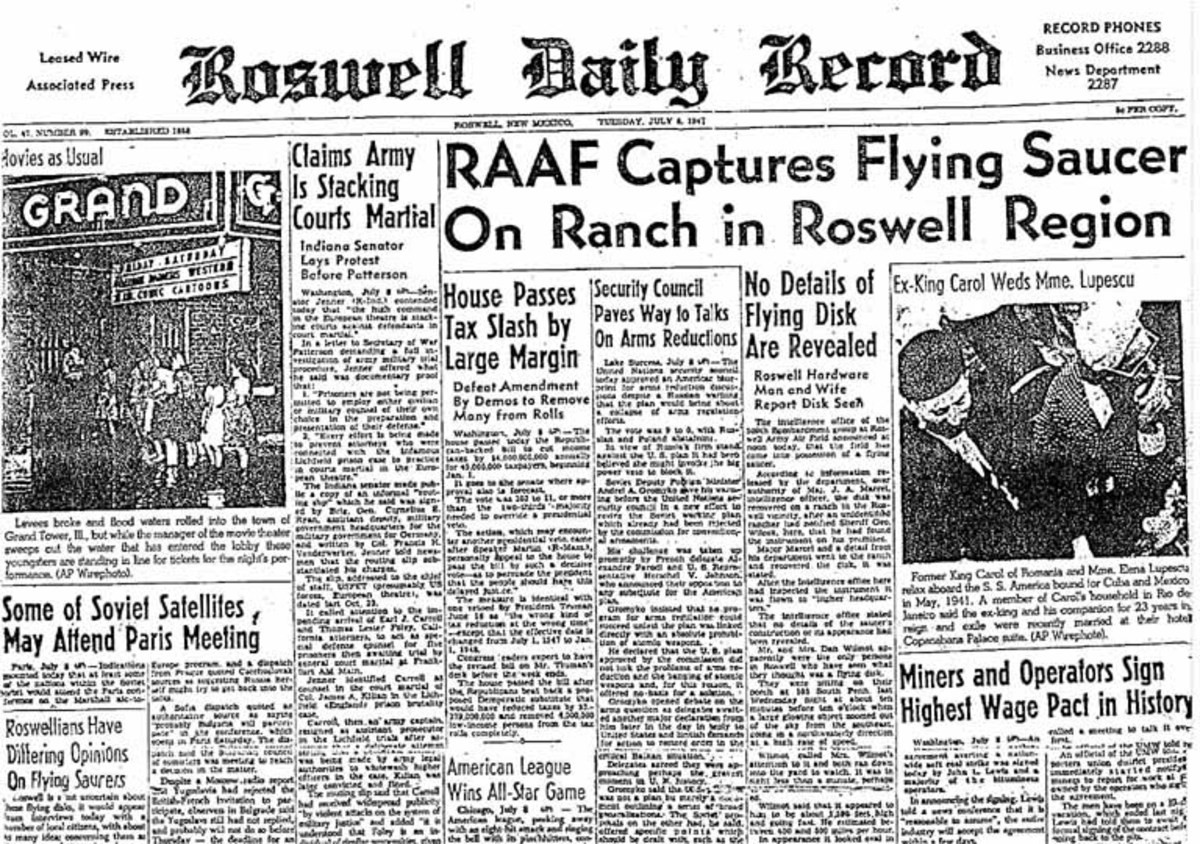Looking for Alaska and the Depiction of Adolescent Grief
The second time's the charm for Looking for Alaska
I first became acquainted with John Green's work in college when one of my friends introduced me to the vlogbrothers on YouTube. After diligently plugging through Hank and John's list of videos in its entirety, I decided to pick up John's first published novel. Admittedly, I had irrationally high expectations for the book, having spent hours upon hours learning interesting facts and ideas from the videos. Despite loving the author's charismatic and energetic YouTube presence, I could not get into the story. I felt isolated from the characters, primarily because they originally seemed painstakingly contrived. I was also put off by the drug use in the novel. Not because I'm a prude or anything, but because the mention of cigarettes and alcohol came off as a cheap way to make a novel edgy and cool to stifled, repressed teenagers. I put the book down when I was only a third of the way through.
It was years later that I would finally finish reading the novel in its entirety. Although the book still has its weak points, and nobody can say that Green is a literary genius, this young adult novel is has a long-lasting resonance, because it presents all the complexities of grief. Rather than just focusing on the obvious emotion (sadness,) the characters struggle with less addressed emotions such as anger, denial, self-blame, and letting go.
A brief synopsis of Looking for Alaska
Miles Halter, bored and disillusioned with life in Indiana, opts to attend a private boarding school in Alabama. There, he becomes fast friends with a rag-tag bunch of teenagers who enjoy smoking, drinking, and harassing the student body and faculty with various pranks. Among Miles's friends is the beautiful, seductive, frustrating, self-destructive Alaska Young. Miles feels that he's in love with Alaska, who, for the most part, does not reciprocate his feelings.
Just when everything in Miles's life is beginning to come together, a tragedy occurs that paradoxically pulls the group apart and brings them closer together. For the sake of not destroying anyone's reading experience, I will be upfront in saying that I will be discussing the tragedy in this review. However, I personally knew the "spoiler" prior to reading the book, but that did not diminish my experience in any way.
Looking for Alaska became a New York Times Best Seller more than 7 years after its publication

Looking for Alaska addresses the intricacies of grief in a dynamic and mature way
One evening, Miles and the Colonel are drinking with Alaska in her room and end up playing a game of Truth or Dare. Seemingly out of the blue, Alaska flies into a fit of sobs. She refuses to explain what is bothering her, but she begs Miles and the Colonel to help her leave campus. The boys distract the principal so Alaska can drive away unhindered.The next morning, at a somber public assembly, the boys learn that Alaska was killed in a car accident.
The obvious go-to emotion in a situation like this is sadness. That is the easy choice. What impressed me the most about the novel is that Green does not take the easy route when dealing with the death of Alaska Young. In fact, the aftermath of her death takes up half of the book. The reader witnesses the vast spectrum of emotions that accompanies an unexpected death; one of these emotions is self-blame, as Miles and the Colonel struggle with their involvement with Alaska's death. Green's pacing of the characters' grief is patient, and we eventually see Miles and Colonel stop saying, "We shouldn't have let her go when she was upset and drunk. We should have known that would happen." When that happens, we witness the beginning of the healing process.
The less controversial cover of the novel

Miles and the Colonel must make the choice to let go
As the shock of Alaska's premature demise wears off, Miles and the Colonel begin to suspect that the crash was caused intentionally and was an act of suicide. The biggest clue they have is a scribbled note in Alaska's favorite book, The General in His Labyrinth, underneath the phrase, "Damn it, how will I ever get out of this labyrinth!" The note reads, "Straight & Fast." But when evidence seems to build on both sides of the suicide versus accident argument, Miles and the Colonel finally decide to let it go. Life and grief don't usually have ends that tie themselves up in neat, pretty little bows, and Green chooses to replicate the uncertainty and doubt that comes with losing someone young. Part of what makes Looking for Alaska so special is that it's not about holding on; it's about letting go, and giving yourself the permission to forgive.
Miles is a very real and relatable character
Although I do feel that the majority of the less important characters are flat and one-dimensional with just one specific attribute setting them apart from the rest of the cast, I genuinely feel for Miles as he struggles to make sense out of his new school, his sexuality, his frustration, his grief, and everything in between. While a lot of the novel feels forced (the prank, while having the potential to be clever, is written in such a way that I just want to cringe), the most organic part is Miles's response to Alaska's death, especially when it becomes apparent that her death might have been self-inflicted. He experiences denial, rage, sadness, loneliness, and the eventual acceptance that he will eventually forget most things about her and that the world will go on turning. It's a bittersweet experience, and Green writes that part in a refined and compassionate manner.
One thing that the author does that I find irritating is that each character is given a cute little quirk (Takumi is a rap enthusiast, Chip has a quaint nickname, Lara is rich and arrives at school in a limo, etc.) that is supposed to carry them throughout the course of the novel. Miles's quirk is that he's obsessed with people's last words. Perhaps it's because we're closer to Miles than the other characters, but I got the impression that his hobby is a believable interest. As everyone will one day share the experience of death, Mile's preoccupation with last words makes sense as a way to connect with the human race. And when Miles realizes he will never know Alaska's last words, I share his disappointment and pain. It feels poignant and raw and real.
John Green defends the sexual content in his novel
John Green has no idea how teenagers talk
Its merits aside, Looking for Alaska will never make my list of favorite books, primarily because the first half of the book felt unnatural. In a way, it was, I suppose, as the first half of the book was just a means to get to the second half, the time after Alaska's death. The most inorganic aspect of the book is the dialogue in the book. While a lot the interactions between the characters are funny and intellectual and beautiful, another good chunk of the dialogue felt as if it was straining to reach its audience. I think perhaps the problem is that the author doesn't really know how teenagers talk to their peers. Does any adult really know that anymore? As I haven't been a teenager in many moons, I can't say I'd be able to write convincing teenager dialogue, either. In my experience reading Green's later novels, I think the dialogue aspect has strengthened greatly. Maybe it was just a matter of becoming accustomed to the idea of writing teenager banter that sounded and felt genuine at its core.
Alaska's obsession with death and mortality is reflected in her substance use

Weigh in on one of YA's most popular authors
What is your favorite John Green novel?
Looking for Alaska is an excellent one-time read
Looking for Alaska had a lasting effect on me. The thoughts, feelings, and big questions raised by the novel stayed in my head for several days after I had finished the last page. While it is a profound and elegant book in many respects, I cannot say it is a favorite of mine, and I certainly wasn't blown away by it. Perhaps younger readers might have a different experience, but I would encourage folks to pick it up at the library or borrowing it for a friend. It's a decent book, but it's not one that I plan on revisiting.






